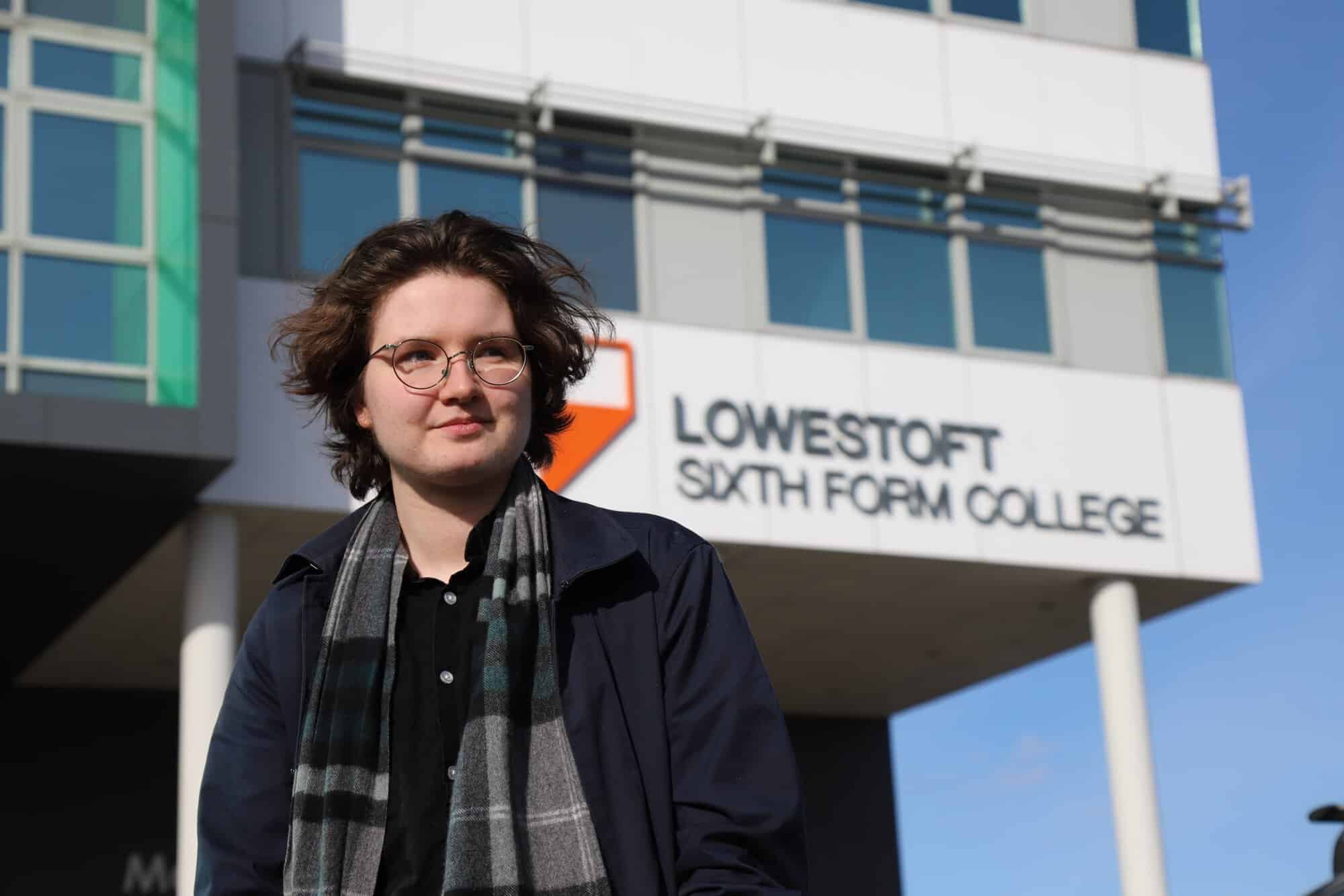About the course…
Are you interested in finding out more about the impact of human activity on our planet? Perhaps you want to discover ways in which environmental damage can be halted or even reversed. If this sounds like you, then come and join like-minded people by choosing A Level Environmental Science.
You will gain insights and an understanding of how geographical and biological components are connected in terms of the environment. This scientific subject will lead you to both answers and more questions, and sits particularly well alongside subjects like Biology, Chemistry and Geography.
Topics include sustainability, biological resources, pollution and energy resources.
Why study with us…
- The course contains over twelve practical laboratory sessions and at least two days of fieldwork, practicing techniques used by ecologists to investigate issues such as biodiversity.
- Environmental Science explores real world issues, such as climate change and the pollution of our oceans. You will learn what we can do to tackle these problems and can help make a difference.
- Our local landscape lends itself perfectly to exploring a range of different habitats and their associated management issues.
Where Environmental Science can take you…
Environmental Science will prepare you to study ecology, wildlife conservation, environmental impact assessment, aquaculture, local government, town planning, geography and earth sciences. It also provides you with the opportunity to enter new fields of study such as ecotoxicology, climatology, geobiology and marine biology.
Want to stay local? The University of Suffolk at East Coast College offers degree courses such as Conservation Science, allowing you to gain a degree on your doorstep. You can find out more at https://www.eastcoast.ac.uk/degrees/
Careers include roles such as recycling officer, landscape architect, environmental engineer, horticultural therapist, environmental health practitioner, transport planner and more.
Entry requirements…
- Must meet overall entry criteria for A Level study
- You will need a minimum grade 5 in GCSE Science and Maths

